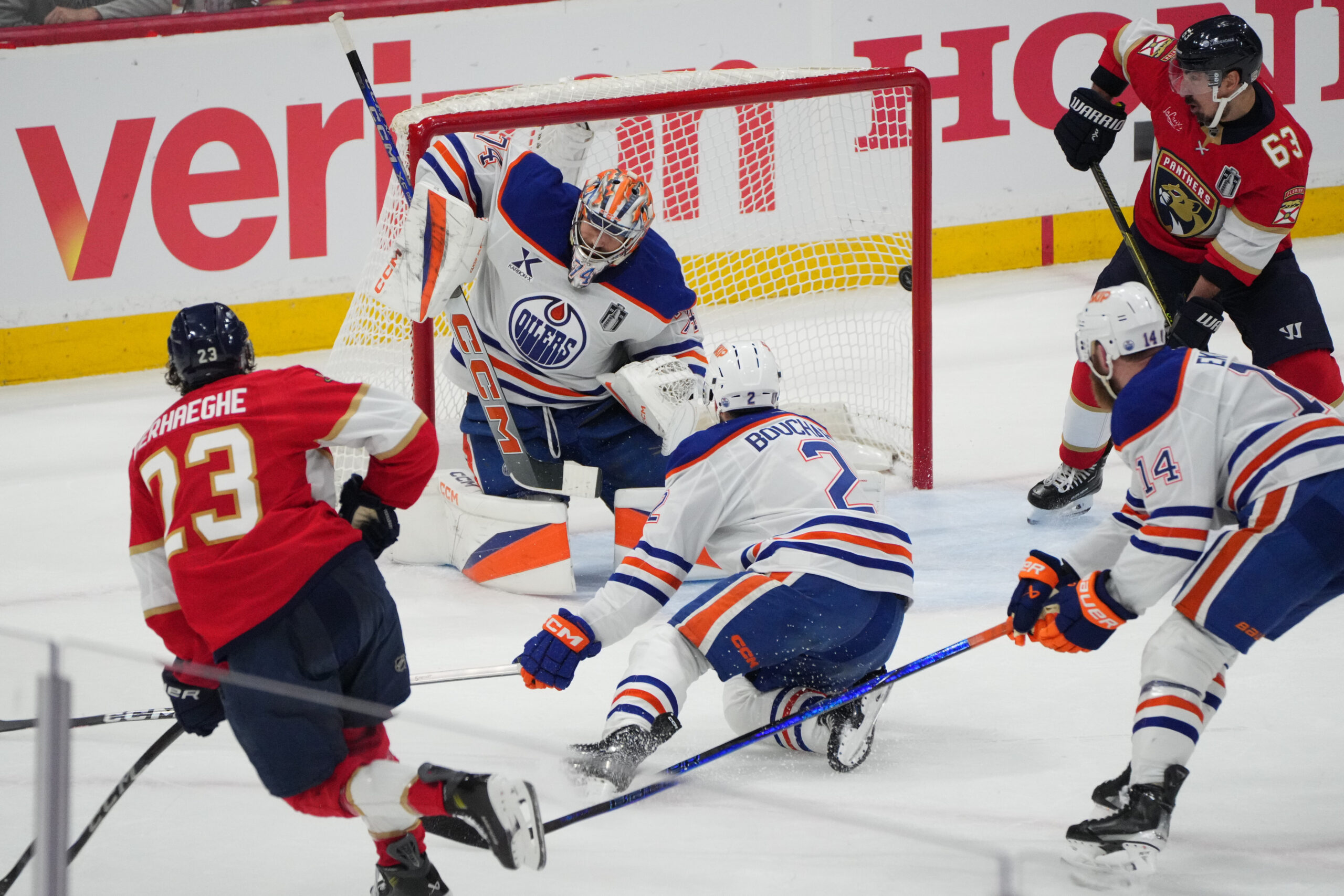

The recent five-year, $6.5 million AAV contract extension signed by Anaheim Ducks goaltender Lukas Dostal has naturally sparked comparisons to the situation of Edmonton Oilers' Stuart Skinner, whose next contract is a topic of much debate. While some see parallels between the two young goalies, a closer examination reveals that Dostal's deal shouldn't be considered a direct comparable for Skinner.
One key factor is the situation each goalie finds himself in. Dostal has played behind a rebuilding Ducks team, often considered one of the weakest defensive units in the league. Despite this, he has demonstrated consistency and even set franchise records for saves and starts. Skinner, on the other hand, has played behind a much stronger Oilers team, which has recently been ranked among the league's best blue lines. This disparity in team quality significantly impacts a goalie's statistics. Save percentage (SV%) and goals-against average (GAA), often used as primary indicators, can be misleading as they are heavily influenced by the team's performance in front of the netminder. In Skinner's case, his numbers may appear average, but the strong team in front of him inflates those stats. Dostal's numbers, while decent, don't fully reflect his ability due to the weaker team in front of him.
Advanced statistics paint a clearer picture. During the 2024-25 regular season, Dostal significantly outperformed Skinner in goals-saved-above-expected (GSAx), with 22.49 compared to Skinner's 7. Similarly, Dostal had a positive goals-saved-above-average (GSAA) of 4.9, while Skinner's was a negative -6.21. These metrics suggest that Dostal has been more effective at preventing goals than Skinner, regardless of the team in front of him.
Another major difference lies in playoff experience. Skinner has backstopped the Oilers to two consecutive Stanley Cup Final appearances, accumulating significant playoff experience. Dostal, meanwhile, has yet to play in the postseason due to the Ducks' ongoing rebuild. This playoff experience is a valuable asset for Skinner and should factor into his next contract. However, Skinner’s playoff numbers, including a .893 save percentage in 50 games, do raise some concerns. The Ducks, in signing Dostal to a significant contract, are betting on his potential, despite his lack of playoff experience.
It's also important to consider the current NHL goalie market. True starting goalies are hard to come by and command a premium salary. The Oilers, who have experienced instability in the goalie position, are undoubtedly looking for a top starter. While they currently seem to have faith in Skinner, they will likely have to "pay up" to retain him. Some believe that Skinner's playoff experience may justify a larger deal than Dostal's.
Ultimately, comparing goalie contracts is a complex exercise. While Dostal's contract provides a data point in the current market, it shouldn't be viewed as a direct comparison to Skinner's situation. Skinner's proven ability to lead his team deep into the playoffs, coupled with the Oilers' strong desire for a reliable starting goalie, will likely result in a significant contract for the Oilers netminder.